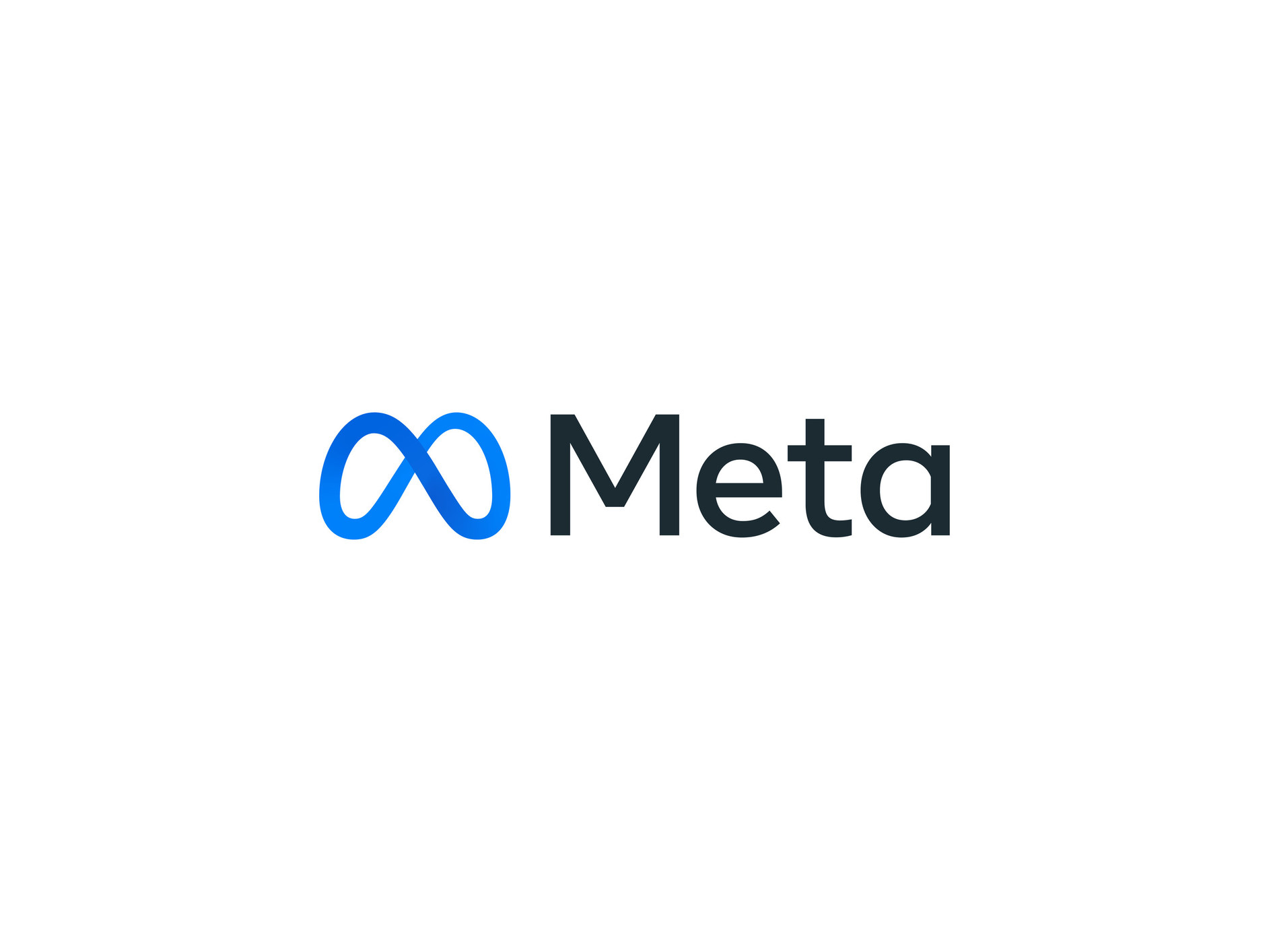Meta Reorganizes AI Division for Fourth Time in Six Months Amid Hiring Freeze and Planned Layoffs
When Superintelligence Meets Corporate Survival
MENLO PARK, Calif. — In the glass towers of Meta's headquarters, where the company's 3.4 billion users exist as data points and algorithmic optimizations, a more intimate drama has been unfolding. Software engineers who once believed they were building the future of human connection now find themselves navigating the treacherous currents of Silicon Valley's most expensive arms race.
The whispered conversations in Meta's cafeterias carry a new urgency these days. Employees speak of colleagues who arrived with fanfare from OpenAI and DeepMind, commanding compensation packages that exceed the lifetime earnings of most Americans, only to find themselves caught in the company's fourth major artificial intelligence reorganization in six months.
"There's a palpable tension between the grand vision and the spreadsheet reality," said one senior engineer who requested anonymity, having witnessed three previous restructurings during his tenure. "We're building toward something called 'personal superintelligence,' but the immediate question everyone's asking is whether their team will exist next month."
This tension illuminates a broader transformation coursing through Silicon Valley's technology elite. As the promise of artificial general intelligence collides with the unforgiving mathematics of quarterly earnings, even the industry's most powerful companies are discovering that the path to superintelligence demands sacrifices that extend far beyond capital expenditures.

The Architecture of Ambition and Anxiety
Meta's latest restructuring—the creation of Meta Superintelligence Labs, divided into four specialized divisions—represents CEO Mark Zuckerberg's most ambitious attempt to impose organizational clarity on what has become Silicon Valley's most complex technological challenge. Yet beneath the strategic rationale lies a more fundamental question: how does a company simultaneously pursue transformative technological breakthroughs while managing the human and financial costs of that pursuit?
The reorganization follows a pattern that has become increasingly familiar across the technology industry. Teams that once operated with near-unlimited resources now face hiring freezes and performance management systems that have become tools for selective workforce optimization. Meta's directive to rate 15-20% of larger teams as "Below Expectations"—an increase from previous years—creates what employees describe as an atmosphere of perpetual evaluation.
"The irony isn't lost on anyone," observed Dr. Chen, a technology policy researcher. "Companies pursuing artificial intelligence that could reshape human civilization are simultaneously implementing management practices that reduce their own employees to performance metrics."
Internal communications reveal the stark economics driving these decisions. Each researcher recruited from competitors commands compensation packages often exceeding $10 million in total value, while the computational infrastructure required for frontier AI development consumes hundreds of millions in quarterly expenses. The human talent that makes breakthrough AI possible has become both the industry's most valuable asset and its most expensive liability.
The Ideological Pivot: From Open Evangelism to Strategic Pragmatism
Perhaps more significant than the organizational changes is Meta's philosophical transformation regarding artificial intelligence development. The company's retreat from its evangelical commitment to open-source AI represents a fundamental recalibration that extends far beyond corporate strategy.
Meta's previous approach—releasing powerful AI models like Llama to the global research community—positioned the company as a counterweight to the increasingly proprietary strategies of OpenAI and Google. This open-source evangelism wasn't merely altruistic; it was a calculated attempt to democratize AI development while building a ecosystem of researchers and developers aligned with Meta's technological vision.
The new "personal superintelligence" strategy suggests a more nuanced approach: maintaining open access to older models while keeping frontier capabilities proprietary. This shift reflects the brutal competitive dynamics that have emerged as AI development costs have skyrocketed beyond the reach of all but the largest technology companies.
"We're witnessing the end of AI's open era," noted one former Meta researcher who recently joined a competitor. "The economics have become so extreme that even companies with Meta's resources can't afford to give away their most advanced capabilities."
The $14-15 billion investment in Scale AI—securing approximately 49% ownership of the critical data labeling company—exemplifies this new strategic calculus. By controlling the infrastructure that processes training data for most major AI laboratories, Meta has positioned itself to influence not just its own AI development, but potentially the broader trajectory of the industry.
The Scale of Human and Financial Investment
The numbers underlying Meta's AI transformation operate at a scale that challenges traditional corporate planning frameworks. Industry projections suggest the company's AI-related capital expenditure could approach $100 billion annually by 2026, representing one of the largest sustained technology investments in corporate history.
Yet the human investment may prove even more significant. Meta's AI teams now include researchers whose work could fundamentally alter the relationship between humans and computational systems. The pressure to deliver breakthrough results while navigating corporate restructurings creates psychological and professional tensions that extend far beyond typical workplace stress.
"There's something surreal about working on systems that could revolutionize human knowledge while simultaneously worrying about whether your team will survive the next reorganization," shared one AI researcher who has experienced multiple Silicon Valley restructurings.
The integration of former Scale AI CEO Alexandr Wang into Meta's senior leadership structure suggests the acquisition represents more than financial maneuvering. Wang's expertise in data processing and evaluation—critical components of modern AI development—provides Meta with capabilities that could prove decisive in the race toward artificial general intelligence.
Market Implications and the Broader Technological Ecosystem
From an investment perspective, Meta's AI restructuring embodies both unprecedented opportunity and considerable execution risk. The company's unique position as both a leading AI developer and operator of the world's largest social media platforms creates monetization pathways that no pure-play AI company can replicate.
Analysts suggest monitoring several critical indicators over the coming quarters: user engagement with AI-powered features across Meta's platforms, measurable improvements in advertising effectiveness through AI optimization, and the company's ability to retain top talent while controlling escalating costs.
The competitive dynamics add layers of complexity that extend beyond traditional business rivalry. OpenAI's continued product momentum, Google's integration of AI across its comprehensive service portfolio, and emerging challengers like Anthropic create pressure for Meta to demonstrate tangible progress from its restructuring efforts within increasingly compressed timeframes.
More broadly, Meta's approach to balancing open-source principles with proprietary development could establish precedents that influence the entire industry's approach to AI development and deployment. If Meta successfully demonstrates that a hybrid model can maintain competitive advantage while preserving community benefits, other companies may adopt similar strategies, fundamentally altering the landscape of AI research and commercialization.
The Human Dimension of Technological Transformation
Beyond the financial metrics and strategic positioning lies a more fundamental question about the human cost of pursuing transformative technology. Meta's repeated reorganizations reflect not organizational instability, but the natural tensions that emerge when companies attempt to optimize for both immediate market pressures and long-term technological leadership.
The employees navigating these changes—researchers, engineers, and product managers who joined Meta to work on humanity's most ambitious technological projects—find themselves simultaneously building the future while adapting to the present realities of corporate competition.
"There's a profound disconnect between the utopian vision of AI and the day-to-day experience of actually building it within a large corporation," observed Dr. Rivera, a technology sociologist studying Silicon Valley's transformation. "The people creating these systems are experiencing their own form of technological displacement."
The broader implications extend far beyond Meta's corporate boundaries. The company's AI journey offers insights into how traditional technology giants adapt to paradigm-shifting technological trends while managing the human and financial costs of that adaptation.
The ultimate measure of Meta's "personal superintelligence" vision will not be found in technological benchmarks or organizational efficiency metrics, but in the company's ability to create AI experiences that genuinely enhance human capability while building sustainable business models that justify the extraordinary human and financial investments required to achieve them.
As Meta's AI transformation unfolds, it provides a crucial case study in the tensions between technological ambition and corporate reality—a tension that may ultimately determine not just the company's future, but the broader trajectory of artificial intelligence development in the coming decade.
